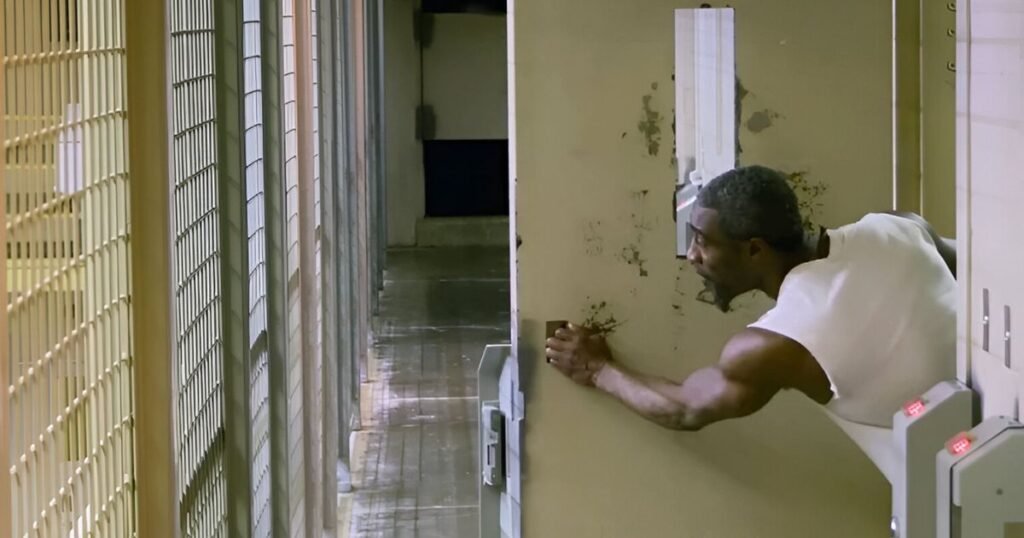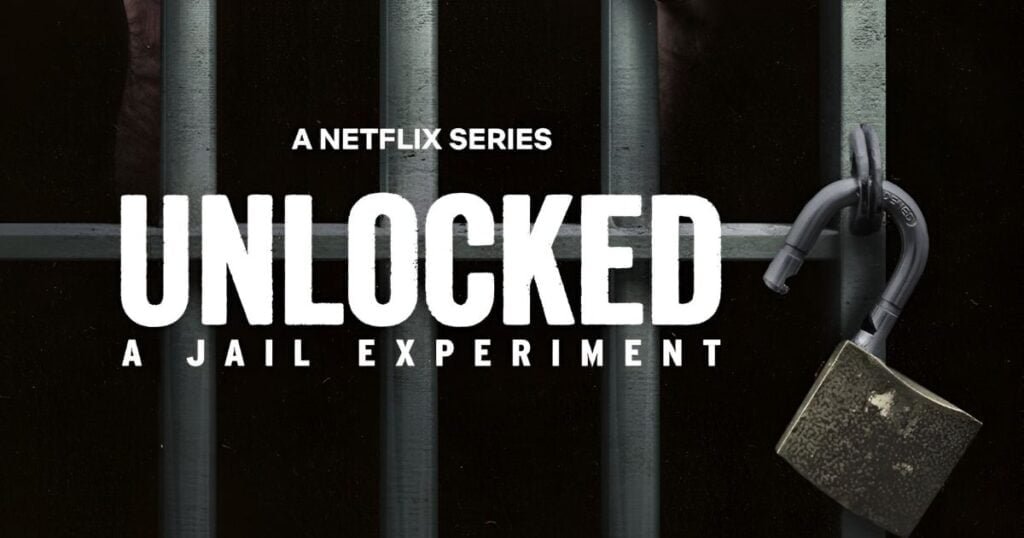Should you watch? Our Unlocked A Jail Experiment Series Review examines the radical social experiment and its potential consequences.
Unlocked A Jail Experiment Series Review By The OTT Review
Table of Contents
JAILHOUSE REVOLUTION: Inmates Get Keys To Their Cells in Shocking Experiment
Netflix’s latest reality series, “Unlocked: A Jail Experiment,” ventures deep into uncharted territory, raising profound questions about incarceration and rehabilitation.
Filmed within Arkansas’ Pulaski County Regional Detention Facility, the show chronicles a radical new approach to incarceration spearheaded by Sheriff Eric Higgins.
At its core lies a provocative question: can inmates, given a greater degree of autonomy and responsibility, successfully create a self-governing community that fosters positive change and reduces recidivism?
Sheriff’s Crazy Idea Could Put You In Danger
“Unlocked” isn’t your typical reality TV show filled with manufactured drama. Instead, it delves into the complexities of the criminal justice system, offering a unique window into the lives of incarcerated individuals.
Sheriff Higgins’ audacious experiment challenges long-held assumptions about how to manage jails. The series follows 46 detainees over a six-week period as their cells are “unlocked,” allowing them a degree of freedom and control over their daily routines.
This newfound autonomy comes with a responsibility: the detainees must establish their own rules, manage conflict resolution, and maintain order within the unit.
Through a system of earned rewards, they are incentivized to exhibit positive behavior and take ownership of their environment.
This Jail Experiment Is Wild – But Could It Actually Work?
During the six-week experiment, the walls come down (figuratively, at least). Cells are unlocked, allowing 46 detainees to move more freely within a designated unit.
This newfound freedom comes with a twist: it’s not a free-for-all. Instead, Sheriff Higgins implements a tier-based structure modeled after a successful re-entry program within the facility.
Inmates who consistently demonstrate good behavior and uphold the community’s rules earn access to additional privileges.
This system of rewards incentivizes positive behavior and fosters a sense of responsibility among participants.
The hope is that by empowering detainees and giving them a stake in their environment, the experiment can reduce recidivism rates and create a more humane jail experience.

Controversial Reality Show Risks Everything: Could This Change Prisons Forever?
“Unlocked” dives into the heart of a contentious debate. Can a humane, responsibility-focused approach transform lives trapped in the criminal justice system?
Or is this a dangerous experiment that jeopardizes public safety and exploits vulnerable individuals?
The series doesn’t shy away from the ethical complexities, showcasing perspectives from both participants and concerned critics.
Supporters of the experiment, like Sheriff Higgins and the NAACP’s Jacksonville branch president, Barry Jefferson, believe it has the potential to break the cycle of recidivism.
By giving detainees a sense of agency and empowering them to make positive choices, the experiment could lead to a decrease in violence within jails and a better chance of successful reintegration into society upon release.
Exploiting Inmates for TV? This Sheriff Has No Shame
Opponents of the experiment, however, raise valid concerns. Was the consent of the participants truly informed and freely given?
Could the promise of participation in a televised experiment have unfairly pressured detainees into involvement?
Additionally, some critics argue that the experiment prioritizes entertainment value over the safety and well-being of both detainees and correctional staff. They worry that a less controlled environment could lead to outbreaks of violence or escapes.
“Unlocked” doesn’t provide easy answers. Instead, it compels viewers to grapple with these complex questions and consider the potential benefits and drawbacks of this radical approach to incarceration.

You Won’t Believe What This Sheriff Did Inside His Jail
However, the controversy surrounding “Unlocked” extends far beyond the experiment itself.
Questions swirl about the ethics of filming reality TV in a jail setting, particularly when the participants are incarcerated individuals with limited autonomy.
Were the detainees offered a fair chance to decline participation, or were they pressured by the potential benefits (financial compensation or a lighter sentence) or the inherent power imbalance within the jail system?
Additionally, concerns arise about the potential for exploitation. Reality TV thrives on drama and conflict, and there’s a worry that producers may have encouraged or manipulated situations to heighten the entertainment value of the show at the expense of the detainees’ well-being.
Furthermore, the experiment itself could be seen as a form of exploitation, with detainees essentially acting as unpaid research subjects in a social science experiment with uncertain outcomes.
Should you watch it?
- Absolutely, if you’re drawn to complex social issues, true-crime adjacent topics, and thought-provoking questions about the nature of rehabilitation.
- Definitely, if you’re interested in the potential risks and rewards of unconventional approaches to criminal justice.
- Perhaps not, if you’re disturbed by the idea of filming incarcerated individuals or find the potential for exploitation troubling.
“Unlocked: A Jail Experiment” isn’t just a binge-worthy reality show – it’s a catalyst for conversations about the way we treat our incarcerated populations and the possibilities (and dangers) of innovative approaches.
Watch Unlocked A Jail Experiment Series On Netflix
Premiere Date: April 10
Aliens and Ghosts In Files of the Unexplained: Cast & Crew
Genre: Reality TV, Docuseries, Social & Cultural Docs, US TV Shows
Mastermind Of The Series: Sheriff Eric Higgins
Cast: Chauncey Young, Raymond “AJ” Lovett, Randy Randall, John “Eastside” McCallistr
Duration: 8 episodes
7.3/10
More Review From The OTT Review



